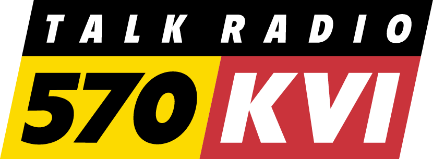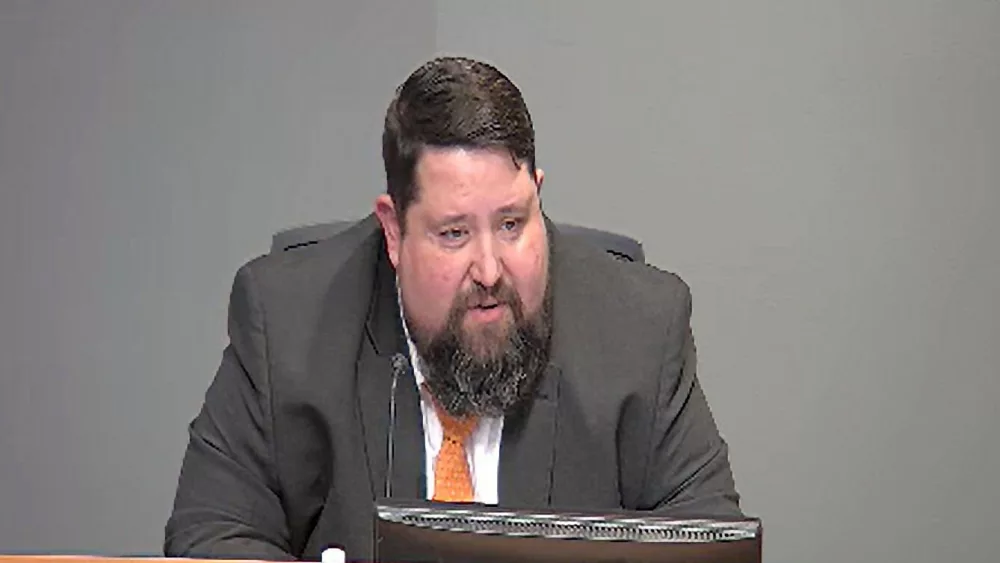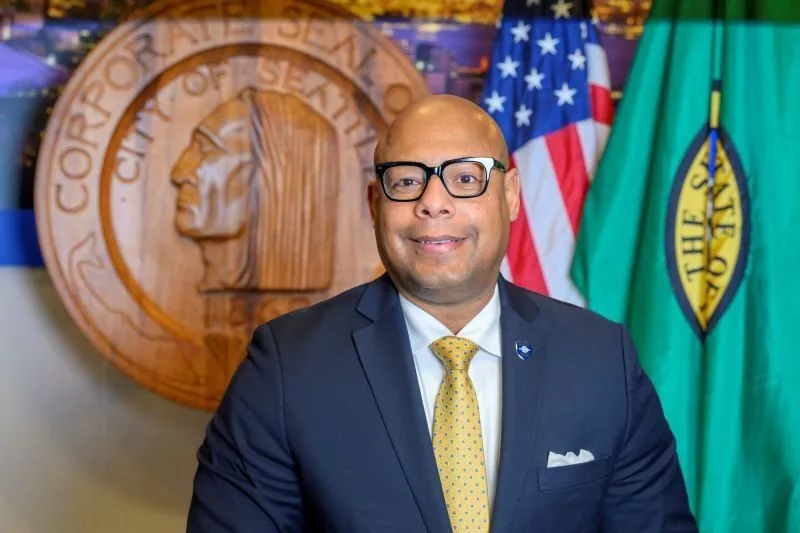(The Center Square) – Minority Republicans in the Washington State Legislature offered several amendments Thursday during debate on the House floor, hoping to lessen what they contend will be the financial sting to taxpayers regarding legislation to merge Washington’s carbon market with the joint California-Quebec market.
Every amendment was rejected by majority Democrats on Engrossed Second Substitute Senate Bill 6058 that makes several technical changes to the Evergreen State’s carbon market to help align it with those of California and Quebec.
After hours of debate, the bill passed the House on a 57-39 vote. It has already cleared the full Senate on Feb. 12, but the two chambers will have to reconcile minor differences in the legislation passed before it can head to Gov. Jay Inslee’s desk.
The bill’s proponents contend linking to the larger California-Quebec market will lower settlement prices at carbon auctions in the Evergreen State.
Rep. Mary Dye, R-Pomeroy, is the ranking Republican on the House Energy & Environment Committee.
Ahead of floor debate, she told The Center Square that cap-and-trade has been very expensive for the average Washington family.
Depending on how it’s calculated, estimates of how much the law has contributed to high gas prices range anywhere from 20 cents to 50 cents per gallon.
“The impact to families, the average motorist, the utility bills, the grocery bills, has been significant and has put us into a crisis,” Dye said. “Their answer [Democrats] is to link us with the state that has the most expensive gas in the nation [California], and that somehow it will bring the prices down at the pump. We just don’t think that you can say that with a straight face.”
Rep Jim Walsh, R-Aberdeen, told The Center Square he has constitutional issues with the bill.
“We, the legislative policy makers, have ultimate review over the underlying effort to link one cap and trade system with another cap and trade system,” he said.
Democrats are giving up that authority, according to Walsh.
Dye’s proposed amendments included putting a cap on the price of gas increases based on carbon auctions, postponing any action until a new governor takes office next year, and disbanding any linkage agreement if gas prices go higher than 2023 prices.
Rep. Beth Doglio, D-Olympia, urged members to reject the amendments, citing the importance of allowing Washington to link with California for financial benefits.
“The beauty of a cap-and-trade system is that it provides the market flexibility,” she explained. “This program provides more stability to the overall program.”
Republican lawmakers disagreed.
“I understand we need to do what we can to protect the environment, but this is not the right way,” Michele Caldier, R-Gig Harbor, said. “I encourage you to listen to the people because we are here for them.”
Rep. Suzanne Schmidt, R-Spokane Valley, pleaded with fellow lawmakers to offer her constituents some relief.
“They have no money,” she said. “They have to put gas in their tank so they can go to work, which means they need a food bank to eat. That’s what this is doing to the people of our state.”
After a 30-minute break, floor debate continued on other amendments, all of which were rejected.
Ahead of a final vote, Rep. Mary Dye offered a final appeal for lawmakers across the aisle to reject the bill.
“We must as a state must suspend our program’s sovereignty as we make adjustments, to match what California is doing and that puts us in a negotiating conundrum,” she said. “One that doesn’t allow us to say the things that are working in our state or the things that aren’t working and should not be adopted.”
Washington’s carbon market faces a challenge from Initiative 2117 to the Legislature that would overturn Washington’s Climate Commitment Act and eliminate its carbon market. I-2117 is likely to appear on ballots this November.





